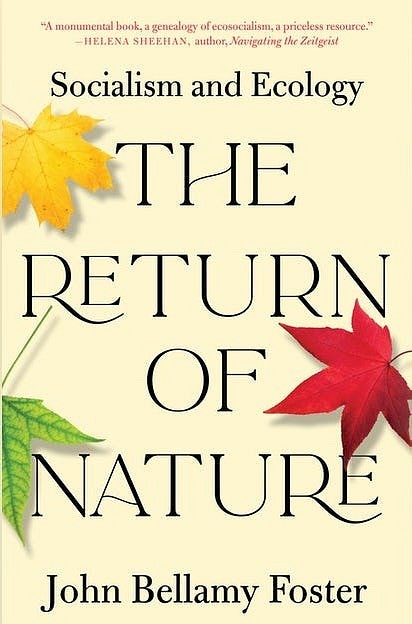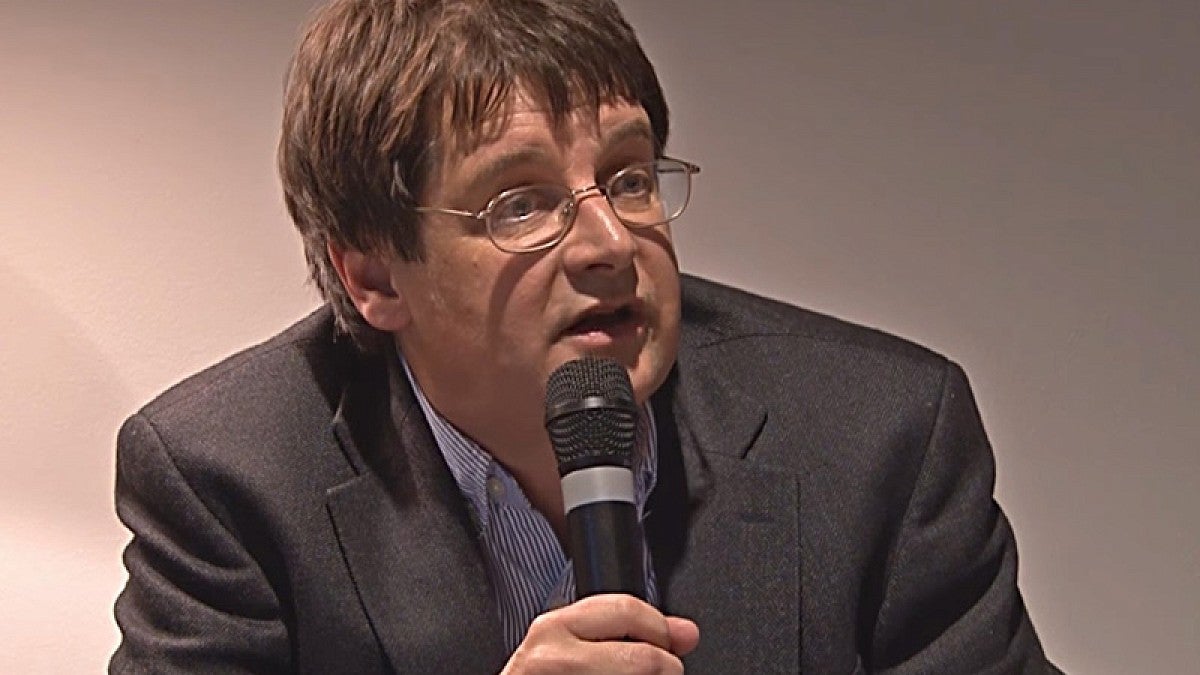Editor’s note: Duck of the Week is a section in Around the O Workplace that highlights UO employees and their work. Each story features an interview with one employee, in his or her own words, with light editing for clarity and length only.
How long have you worked at the UO?
I have been here since 1985, which makes it about 35 years.
Tell us about your work:
I am a professor of sociology and was originally hired for my specialties in political economy and theory. Throughout the late 1980s and 1990s, I started to place more emphasis on environmental sociology and subsequently added that to my portfolio. I teach graduate and upper-level undergraduate students in these three specialty areas.

When I was young, I was involved in the peace movement in response to the Vietnam War. I was concerned with and initially devoted my work to issues of war, peace, economic crisis, and global inequality. I became interested in environmental sociology because when I returned to the Pacific Northwest after eight years doing graduate studies, I noticed how much things had changed. The Columbia River was the most radioactive river on Earth, and people were sitting in trees to protect the old growth. At that time, we also became aware of global warming, species extinction, and the destruction of the ozone layer as global problems.
I focused on the environment in 1994 in “The Vulnerable Planet,” which was my first book on the subject. My most recent book, “The Return of Nature,” published in 2020, won a big international award (the Deutscher Memorial Prize) and a paperback edition is now being published. I have continued to integrate environmental problems into all of my research and teaching.
What does your typical day look like?
Since the pandemic started, I have been teaching online. I conduct my classes on Tuesdays and Thursdays and have found that there is more of a need for interaction with students in a remote setting. I find myself making more efforts to communicate with students through lots of online work every day. These efforts have been fruitful and it’s turned out to be exciting in its own way.
During the class time, we start off with two short video lectures, discussion groups, followed by a Zoom session. I’ve tried to run those Zoom sessions as seminars in classes of 40 students. I found that last Thursday, 21 of the students were talking. I think that students are finding it rewarding. I received a couple messages from students in the undergraduate classes this week that said this is the most participation in class that they’ve seen in any Zoom sessions during the pandemic period, which is encouraging.
I am also the editor of the Monthly Review, which is the longest continuously published independent socialist magazine in the United States. Albert Einstein wrote for the first issue. Every day is divided between work on the magazine and work associated with teaching at the University of Oregon. My days are complicated because my research flows back and forth between the two, but what I do for the magazine is also usually related to what I do at the university.
What do you like about working at the UO?
As an environmental sociologist, the UO is a wonderful place. Eugene is in many ways the heart of the environmental movement in the United States. Teaching environmental sociology at the University of Oregon is an exciting experience. It took us a long time to get here, but we became the leading environmental sociology program in the country. Graduate students from all over the nation and from other countries come here to study environmental sociology as well as political economy and theory. It's a wonderful mix, and this excitement spreads to the undergraduates too.
I enjoy the degree of academic freedom at the University of Oregon, even though I sometimes think that it’s not as open as it once was. Having a wide range of research and discussion and a vibrant academic community makes it an ideal educational environment from my standpoint. The university as always been supportive of my work despite its critical nature.
What keeps you motivated?
I have always been inspired by the need to make change in the world and improve the conditions of humanity on a local and global scale. It’s a struggle, and I've devoted myself to this challenge for most of my life.
In terms of environmental sociology, I spend a lot of time addressing the planetary ecological crisis and issues of environmental justice. I feel rewarded when I see the light go on in the students I teach. That inspires me as well. I never lose energy because students are constantly giving me new life. Our relationships are reciprocal, which is the most wonderful thing about education.
What is something people may not know about you?
I have been fortunate to be invited to speak in countries all over the world, and to meet and have conversations with various leaders of countries and of grassroots political movements. It has always been a humanizing experience.
John Bellamy Foster is part of the Department of Sociology. He is a 2019 Outstanding Career Award recipient.
Do you know someone who should be Duck of the Week? Nominate a UO employee.


